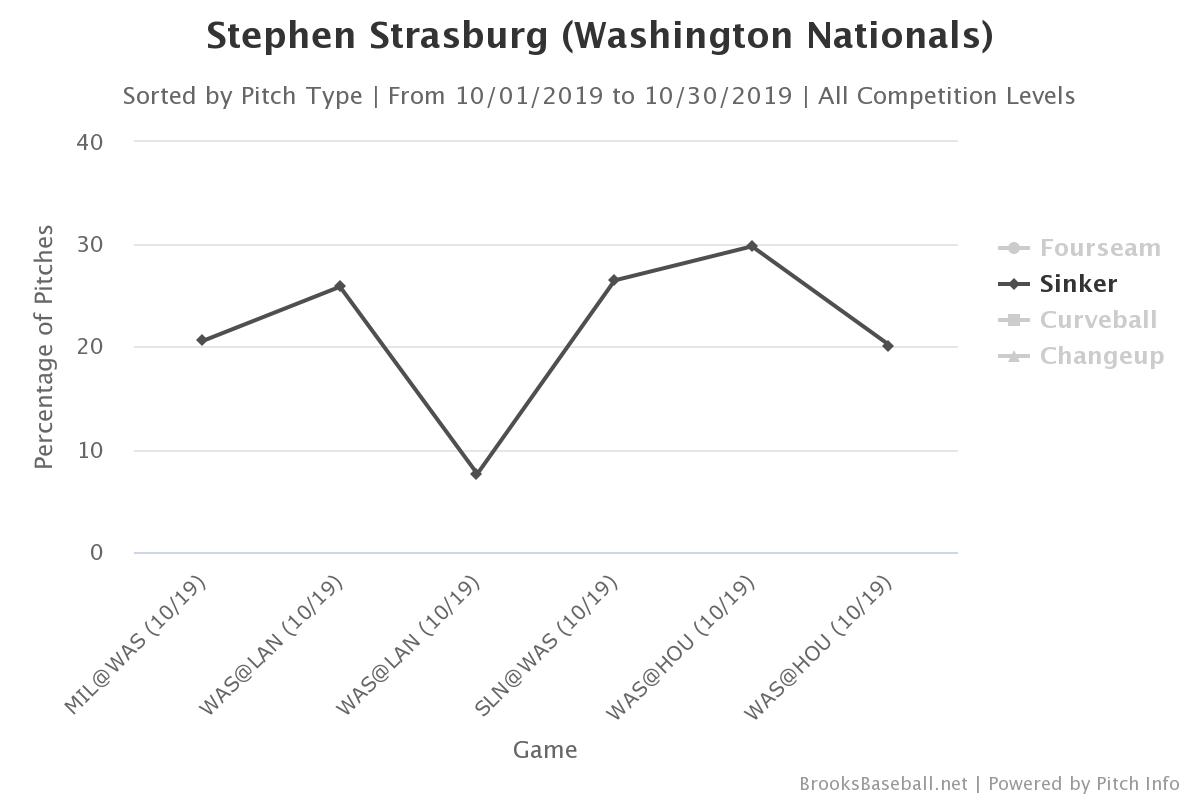Howie Kendrick Carves His Niche in Postseason History
By the time he stepped to the plate with one out in the seventh inning of Wednesday night’s Game 7, Howie Kendrick had already collected his share of postseason heroics, key hits that stood out even on a team featuring an MVP candidate and a precociously disciplined slugger, not to mention two bona fide aces and a $140 million third starter-turned-reliever. Exactly three weeks earlier, the 36-year-old utilityman-turned-designated hitter had swatted a 10th-inning grand slam in the fifth and deciding game of the Division Series, felling the 106-win Dodgers. His 5-for-14, four-RBI showing against the Cardinals earned him NLCS MVP honors, and he’d lucked into a bases-loaded infield single in the rally that swung Game 2 of the World Series. The best was yet to come.
With Houston’s lead freshly cut to 2-1 by Anthony Rendon’s home run, and starter Zack Greinke — who had been brilliant and stifling through six innings — suddenly exiting after walking Juan Soto, Kendrick etched himself into World Series lore by slicing an 0-1 changeup from Will Harris down the line and off the screen attached to the right field foul pole.

